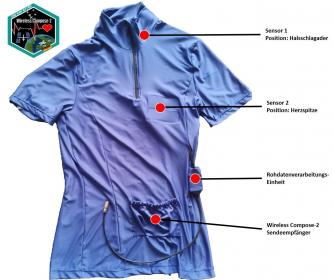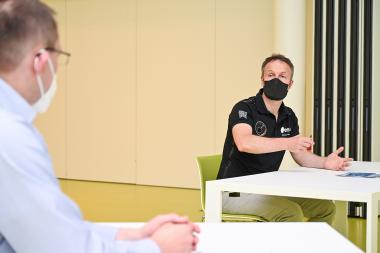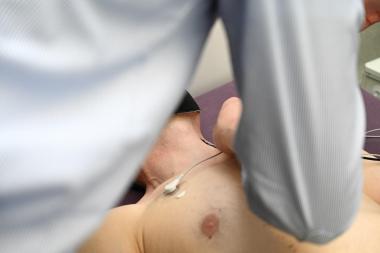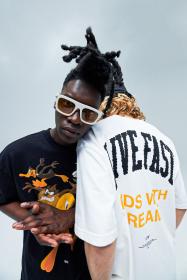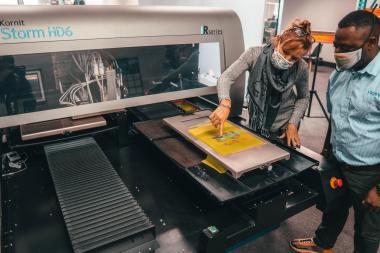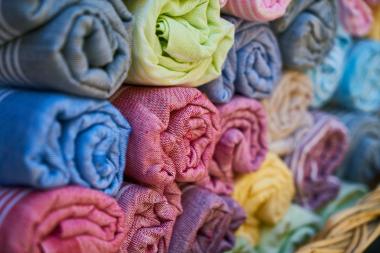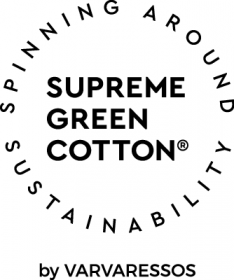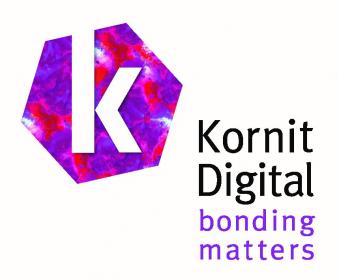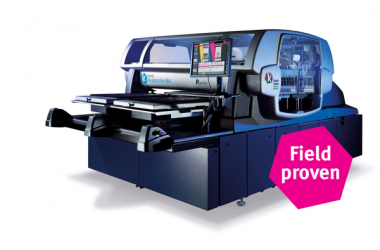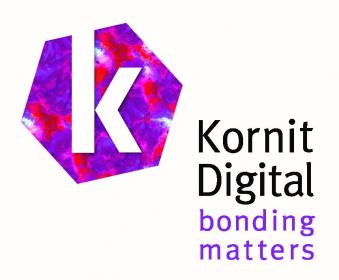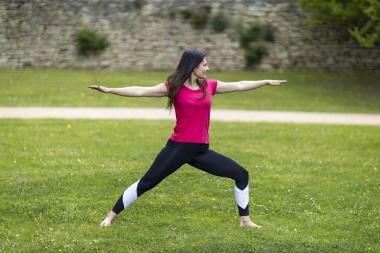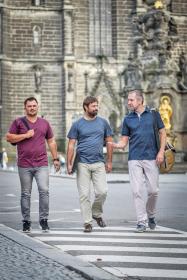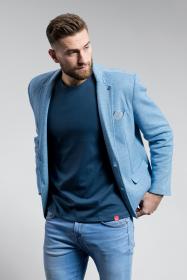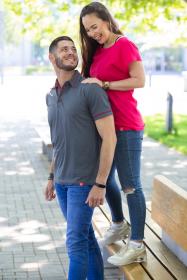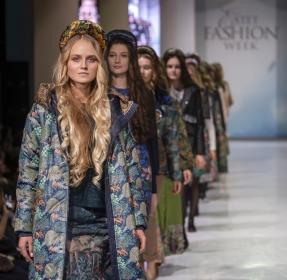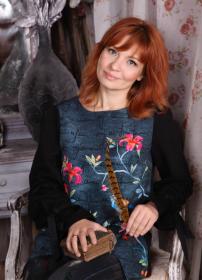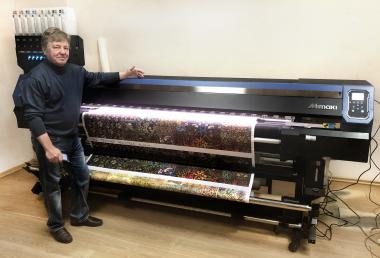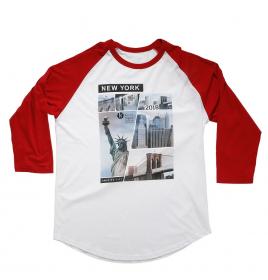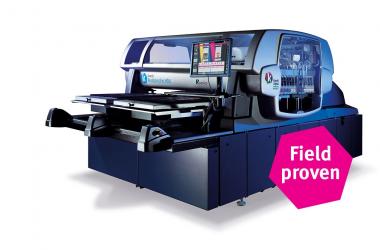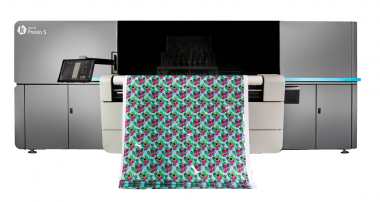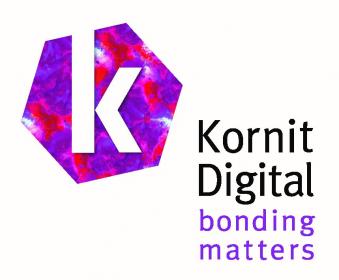Sustainable fashion platform Manufy reaches first 1000 production requests
Manufy, a marketplace for sustainable fashion production has reached its thousandth production request. The platform connects conscious brands with sustainable manufacturers in hopes to create a cleaner future for the clothing industry.
The right conditions
The start-up, which launched in december of 2020, has seen a sharp increase in production requests the last couple of months. With trade shows being cancelled due to covid, lots of manufacturers and brands are looking for new ways to do business. Going digital was one of the logical steps. “We’ve seen many users that were used to more traditional ways of working join Manufy,” says co-founder Michiel Dicker. “Some of them didn’t have a website, so our platform helps them become visible online.”
An increase was also noticed on the brand side of Manufy. With most new brands being digital natives that have a strong focus on sustainability, the platform helps them to get started.
One-stop-shop
The production requests being placed on the platform cover a wide range of garments. Hoodies and t-shirts are popular, but the Manufy team also sees lots of shoes, caps, bags, dresses, swimwear and lingerie requests coming in. “This sometimes leads us to having to find manufacturers specifically for the job, but it helps us to create a better user experience!” explains Dicker.
Manufy uses feedback from its users to keep improving the platform. Aside from finding new manufacturers to fill production requests the team has been working on a lot of new functionalities based on input from users. A new version of the platform will be released very soon. “With Manufy 2.0 it will become easier to organise your projects, place re-orders and have all your production details in one place. Manufy will be your one-stop-shop for all your sourcing needs!” says Dicker.
Manufy












